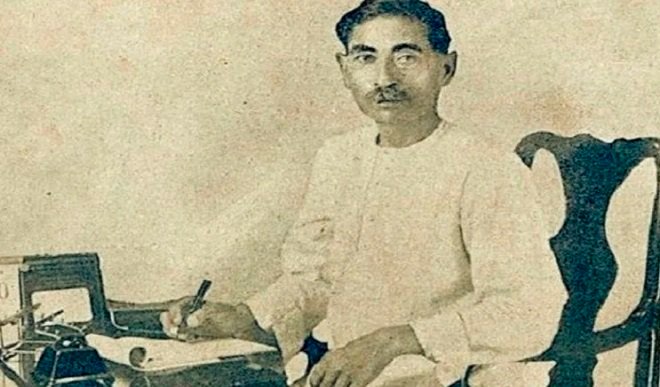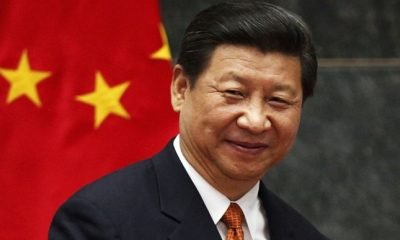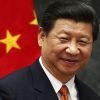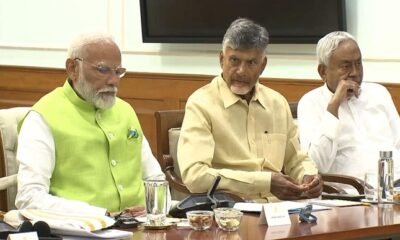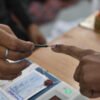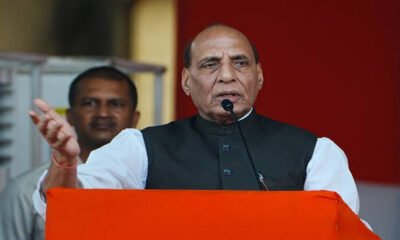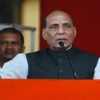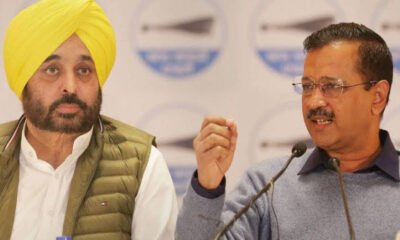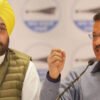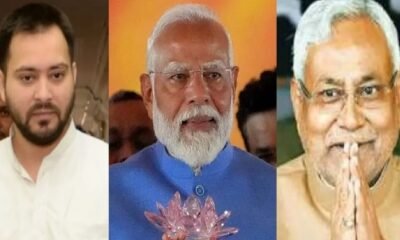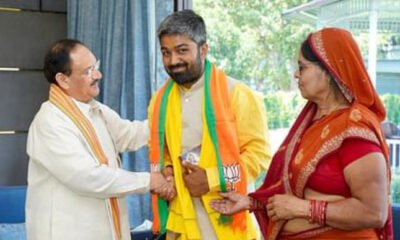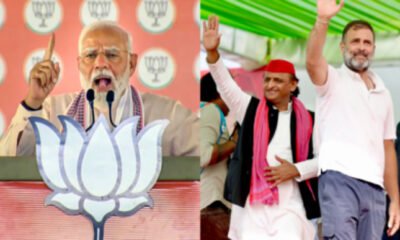National
140th Birth Anniversary of Munshi Premchand: Watching socio-economic deprivation of poor via dual panoramic angles of literature (Godan) & life (pragmatism)
Shonit Nayan.
The best birth anniversary memoir given to the ‘Nawab Rai’/ / Dhanpat Rai Shrivastava Saheb??
Okay not confusing the readers by the less familiar title/ name rather directly saying ‘Novelist Emperor’ Munshi Prem Chand, can be to trace out the memory lane of his impeccable writings revolving around “reality through fiction(RTF)”…..
RTF??
Munshi jee was the voice of socio-economic downtrodden.
Munshi jee’s essay titled “Communalism & Culture” revealed out uncovered caste-ism, communalism, mob-lynching & similar… or more clearly…
Call for culture is mere hypocrisy & rather an instrument of deceiving naïve citizen into communal hatred veil. And, the so called pseudo profounder of religion having lack of faith in themselves, their fellow nationals & ultimate bitter truth, however, the group or individual continuously & consistently induce need of an entity/instrument , which serve the purpose of an arbitrator in all their communal rifts.
Coming back to the socio-economic deprivation & exploitation elaborately pen down in the most prominent novel of Munshi jee ‘Godaan/The Gift of a Cow’. The novel canvas beautifully depicts the socio-cultural fabric existing across Indian villages not only limited between humans, but also, between human & domestic animals. The ultimate wish of one of the cast of the novel named ‘Hori’ to have a cow which is not merely a dream of individual peasant rather the cow & other such helpful animal used in agriculture work say ox, and a peasant bonding with his or her agricultural field was the strength of the very Indian belief systems revolves around following phrases:
“India soul inhabits in its villages.”
“The Peasants are the real Annadata of billions of Indian population”.
However, the bitter waves of mechanized farming on the one hand ease the process of farming as well as lessen the time period involved in agriculture work. Nevertheless, the so called the natural balance prevalent amongst the peasant, the fertile soil, the Mother Nature, the friendly animal & the beloved village canvas has polluted due to multiple factors, and restoring the same has became a distant dream.
The poison given to the cow followed by fear of Police enquiry & Court judgments & sentence, in the novel has symbolically taken more fierce magnitude in contemporary Indian society in forms of prevalence of increased enmity across humans in villages, the shrinking of brotherhood or village-hood fraternity, turning of police from public helping aid to public exploiting aid more or less across India, and Rs. 10/- cheat denomination has been substituted by millions of fraud scam across our villages through the prevalence of corrupt practices across local representatives, street level bureaucracy and the dream of so called decentralization based development syndrome within the mirror of Panchayati Raj Institutions across most of States has been faded away consistently.
The literature canvas of Godan has revealed the vicious cycle exist between poor peasants/workers & local money lenders revolving around never ending interest rate cycle has been compared with present day suicidal cycle of millions of peasants & poor across India. As amid the vicious cyclic conundrum in the backdrop of consistent pressure from lending banks, turning of agricultural lands into commercial land, inability of policy assistive footprints amid bureaucratic brawl & bribe ultimately negatively propel the ‘Annadata(Peasants)’ to choose the path for ‘Vidhata(Almighty)’ through the route of suicide.
The most interesting part of the this dual canvas of literature & contemporary realism can be opined incomplete without tracing the character of ‘Gobar (Hori’s son)’, who literally justifies the prevalent fancy dream of all those rural youths, who aspires for a comfortable life & move towards urban shining clusters away from their village life & irrespective of their birth in a poor rural family set up. And, the recent COVID-19 induced reverse migration and the millions of stranded migrants across Indian highways, & unending and unforgettable stories of grief, suffering & disgust clearly revealed the difference between so called ‘Incredible India!’ but, ‘Bebas Bharat’. The story of the so called “poster man of India’s migrant crisis Rampukar Pandit” & “poster girl Jyoti Kumari” have drawn the large media attentions from New Delhi to New York, from Patna to Paris like tsunami. The dual panorama may be different upon parameters like context, magnitude, literature versus reality, past versus present, story versus reality, however, the sense of socio-economic deprivation and degrading are similar.
While, remembering Munshi jee on his 140th birth anniversary, it has been really difficult to summarize his contribution through mere forms of article/paper/paper, however, while going through his impeccable literary works and an honest attempt to work & build such India or Munshi jee’s dreamed India, where, there has been ample level playing field for every stakeholders of Indian society irrespective of his or her orientation based upon: caste, culture, community, gender, rural-urban stay, ideology & others, keeping in perspective that no Rampukar Pandit & Gobar has to live his village in the search of comfort living standard which he or she never achieve, no enmity between brothers over mere tangible things say money or material, a peasant interlinked towards his or her agro-field & domestic animals remain tied and strong, farming & feminism bear fruit upon paper, policy & parallel grass roots. My humble gratitude towards the ‘Emperor Novelist’ to enlighten & energies us through his writings & the same will embraced us through millions years down memory lanes to come as an impeccable assets.
*Shonit Nayan is associated with Indian Institute of Public Administration, New Delhi, as ‘Research Officer’ & a native resident of Patna, Bihar


